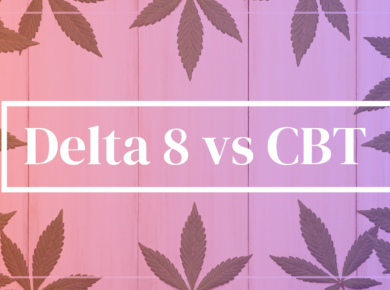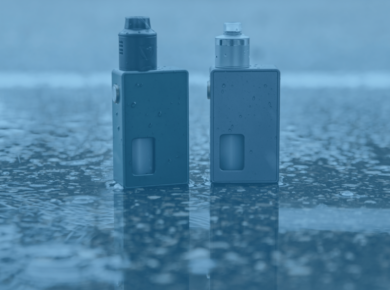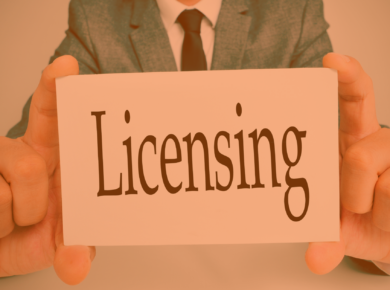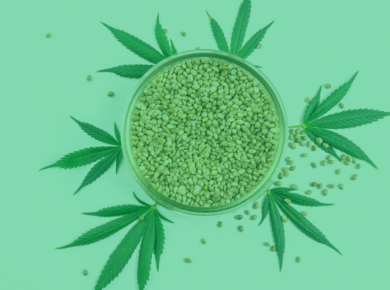Cannabidiol (CBD) and Cannabichromevarin (CBCV) stand as two naturally occurring cannabinoids within hemp and cannabis plants. Their distinct chemical structures and potential impacts set them notably apart in the cannabinoid realm.
CBD, widely recognized and researched, is a non-psychoactive cannabinoid, meaning it does not induce the typical “high” often correlated with cannabis consumption. It engages with the body’s endocannabinoid system, particularly influencing CB1 and CB2 receptors, which are pivotal in numerous physiological processes.
In contrast, CBCV remains a relatively undiscovered cannabinoid. Identified as a propyl cannabinoid due to its distinct propyl chain in its molecular structure—divergent from CBD’s pentyl chain—this difference might influence how CBCV communicates with the body’s endocannabinoid system. However, research into CBCV is still nascent, leaving its potential impacts largely unknown.
While both CBD and CBCV are cannabinoids, their chemical structures and interactions with the body’s endocannabinoid system differ significantly. Continued research is paramount to understanding the potential impacts and benefits of CBCV.
Many States allow hemp derived cannabinoids under the 2018 Farm Bill as long as they contain less than .3% D9 THC. Some States have explicitly banned cannabinoids like Delta 8, so check your local rules and regulations before purchasing.
Here’s the rules for Kush.com and more details
Frequently Asked Questions (FAQs)
What is CBD and Its Link to Hemp? CBD, or cannabidiol, is a prevalent compound found in the hemp plant. It’s non-psychoactive and is often utilized in various products like oils, edibles, and topicals.
Understanding CBCV (Cannabichromevarin) and Its Connection to Hemp CBCV, or Cannabichromevarin, is another compound discovered in the hemp plant. It’s less renowned than CBD and is currently under research to discover its properties. Like CBD, CBCV is also non-psychoactive.
How Do the Extraction Processes for CBD and CBCV Compare? The extraction processes for CBD and CBCV are notably similar. They can be extracted using methods such as CO2 extraction or ethanol extraction, with the obtained compounds being utilized in various products.
Are There Varied Products for CBD and CBCV? Indeed, both CBD and CBCV are available in a diverse range of products, spanning from oils and tinctures to edibles and topicals. Your product choice might hinge on your personal preferences and requirements.
Legal Distinctions Between CBD and CBCV The legal standing of CBD and CBCV can fluctuate depending on the country and state. In numerous locales, CBD is legal if it’s derived from hemp and contains less than 0.3% THC. The legal status of CBCV remains somewhat nebulous due to its lesser-known and researched nature. Always verify your local laws prior to purchasing or utilizing these products.





